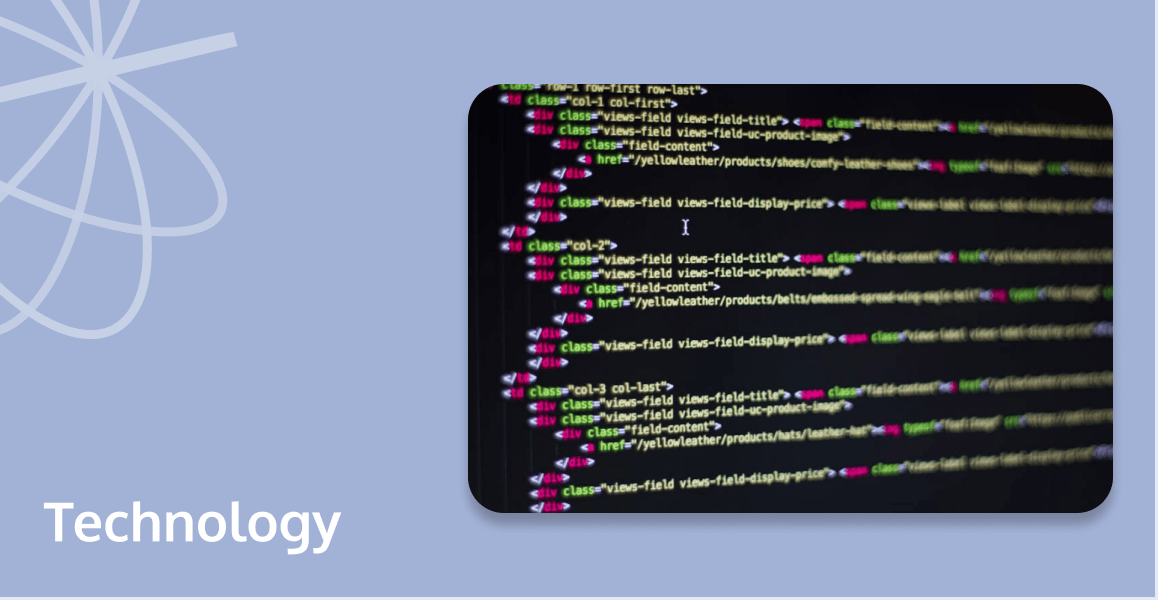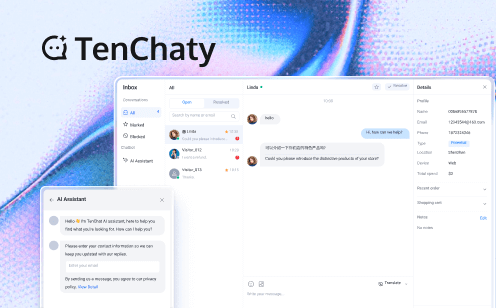
In the digital world, API (Application Programming Interface) services stand as the cornerstone of modern software development, enabling seamless communication between different systems and platforms. These services not only facilitate data exchange and integration across various applications but also significantly enhance the functionality and efficiency of digital products. By bridging gaps between software, API services play a crucial role in creating interconnected experiences, driving innovation, and streamlining operations in countless industries.
If you're delving into the realm of digital development or looking to leverage technology to advance your business, you can read the following content to gain everything on API.
What Is API Service?
Understanding API services meaning needs to recognize their role as intermediaries. API services are interfaces that allow different software applications to communicate and share data and functionality with each other, using a set of rules and protocols. These services enable developers to access and utilize features or data from an external software platform or service without having to build those features themselves.
To be specific, when you use a weather application on your phone, it likely retrieves weather data from a remote server via an API. This process allows the app to provide up-to-date weather information from a reliable source, integrating seamlessly with the service's existing data and functionalities, without developing a new weather data infrastructure from scratch. Through API services, applications can extend their capabilities and enhance user experience by leveraging external resources efficiently.

What Are API Integration Services?
API integration services facilitate the seamless connection and interaction between different software applications, enabling them to share data and functionalities effortlessly. These services act as a bridge, ensuring that disparate systems can communicate with each other in a unified and coherent manner.
For instance, when an e-commerce website uses an API to integrate with a payment gateway, it allows customers to make secure payments directly on the site. Similarly, a business tool integrating with email service APIs can automate the sending of emails based on specific triggers or actions within the tool. Through API integration services, businesses can streamline operations, enhance user experiences, and leverage the strengths of various platforms without the need for manual intervention or the development of complex, system-specific solutions.
How Does API Work?
An API works as a messenger that allows two applications to communicate with each other. It's a set of rules, protocols, and tools for building software and applications. When an application wants to access data or functionalities from another service, it sends a request detailing the specific information or action required. This request is made through a predefined API endpoint using a specific format and method (such as GET for retrieving data or POST for sending data). The receiving application then processes this request according to its API's rules. If the request is valid, the application will send a response back to the requesting application, often in a format like JSON or XML, which is easily interpreted.
Different Types of API
Generally speaking, there are four main types of APIs:
Public APIs
Public APIs, or open APIs, are designed to be accessible to external developers and other users with few restrictions. These APIs are intended to extend an organization's digital footprint by enabling third-party developers to create apps that interact with their platform, thereby fostering innovation and growth.
Private APIs
Private APIs are used internally within an organization to connect its various technological systems and software applications. These APIs are not available to external users, ensuring secure and efficient communication between different parts of the organization's IT infrastructure.
Partner APIs
Partner APIs are shared externally but only with specific, trusted business partners. These APIs facilitate a controlled environment for data exchange and integration, often requiring specific rights or licenses to access. They enable collaborative efforts between businesses without making the API publicly available.
Composite APIs
Composite APIs combine multiple APIs to perform a sequence of tasks or operations within a single call, enhancing efficiency and reducing the load on servers. They are particularly useful in microservices architectures where a single user action may need to interact with various services.
Benefits of API Services
API services offer significant benefits, facilitating seamless data integration and enabling developers to build more robust and feature-rich applications. Below are some key benefits:
- Integration and Connectivity: APIs enable seamless integration between different software systems, facilitating smooth data exchange and connectivity. This allows businesses to leverage external platforms and services, enhancing their own offerings without the need for extensive in-house development.
- Efficiency and Productivity: By automating tasks and enabling system-to-system communication, APIs save time and reduce errors. This increases efficiency and productivity, as manual processes are minimized and data flows more freely and accurately across applications.
- Innovation and Expansion: APIs open up new possibilities for innovation by providing access to third-party services and data. Businesses can create new features, enhance user experiences, and enter new markets more rapidly, keeping them competitive and relevant.
- Cost Savings: Integrating with existing APIs can significantly reduce development costs and time to market for new features and services. Instead of building complex systems from scratch, businesses can utilize APIs to tap into existing technologies and services.
- Improved User Experience: APIs can greatly enhance the user experience by streamlining processes, integrating with popular services (like social media or payment gateways), and providing more personalized and efficient services.
What Are Some Common Examples of API Services?
Here are some common examples of API services across different sectors and applications:
- Payment APIs: Services like PayPal, Stripe, and Square offer APIs that allow e-commerce sites to process payments directly on their platforms, providing a seamless checkout experience for users.
- Social Media APIs: Platforms such as Twitter, Facebook, and Instagram provide APIs that enable developers to integrate social media functionalities into their applications. This can include posting updates, accessing user profiles, or analyzing social media trends.
- Mapping APIs: Google Maps and Mapbox offer APIs that allow for the integration of maps, geolocation, and location-based services into websites and mobile apps, enhancing user experiences with dynamic mapping capabilities.
- Weather APIs: Services like OpenWeather and the Weather Channel provide APIs that deliver real-time weather data, forecasts, and historical weather information, which can be integrated into news, travel, and event planning applications.
- Email Service APIs: Email platforms such as SendGrid and Mailchimp offer APIs that enable the automated sending of emails, email marketing campaigns, and analytics, helping businesses improve their communication strategies.
Conclusion
All in all, this guide offers an in-depth exploration of API services, highlighting their critical role in modern software development and digital integration. Among the myriad of API providers, Tencent RTC emerges as a leading solution, offering seamless integration for voice and video call functionalities.
FAQs
What Are REST APIs?
REST APIs (Representational State Transfer Application Programming Interfaces) enable communication between different software systems using HTTP methods. They allow for the creation, reading, updating, and deletion of resources, making web services more flexible and scalable. By adhering to stateless operations, REST APIs can serve various clients independently, using standard web protocols to exchange data in formats like JSON or XML, facilitating seamless integration across diverse internet services.
What Is Web API?
A Web API is a platform that allows for the development of web services, enabling different applications to communicate with each other over the internet. It serves as a bridge, allowing data to be shared and operations to be performed across different software programs. Web APIs are accessible over the web using HTTP protocols, and they can return data in various formats like JSON and XML, supporting a wide range of applications on different platforms.
What Factors Should Businesses Consider When Choosing API Integration Services?
When choosing API integration services, businesses should consider compatibility with existing systems, security measures to protect data, scalability to support growth, and the API's performance and reliability. It's also important to assess the level of support and documentation provided, as well as the cost implications of the integration.
If you have any questions or need assistance online, our support team is always ready to help. Please feel free to contact us or join us on Telegram.


